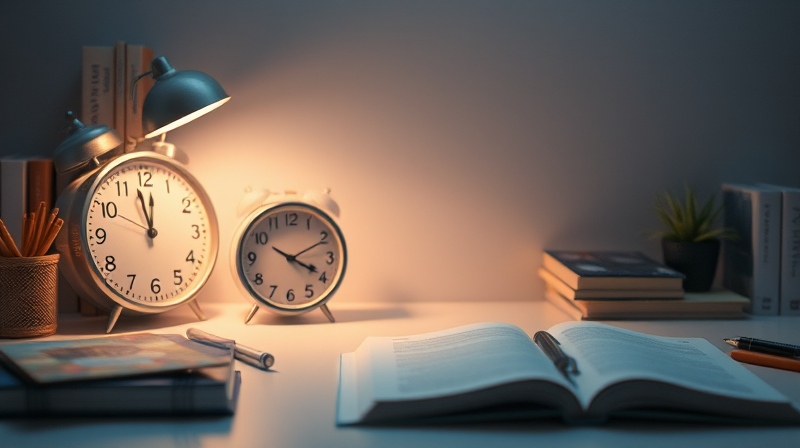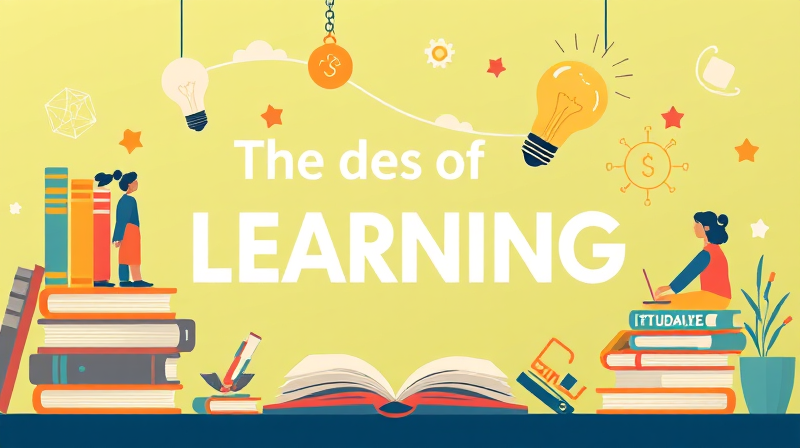In today's fast-paced world, the ability to focus and remember is more important than ever. Numerous strategies can empower you to strengthen your concentration and improve your memory. In this article, we delve into a range of techniques, from active learning practices to lifestyle adjustments, that can help you achieve a sharper mind.
Improving concentration and recall entails not only learning effective study methods but also making small changes in your daily habits. With consistency and practice, these strategies can lead to long-term cognitive benefits.
Active Recall: Harnessing the Power of Memory
Active recall stands as one of the most potent techniques for learning. Instead of passively reviewing materials, this approach forces you to retrieve information actively, reinforcing the connections in your brain.
By engaging in active recall, you actively test your understanding, which helps embed facts into your long-term memory. Examples of effective active recall include:
- Using flashcards to quiz yourself
- Stopping periodically to summarize what you've studied
- Incorporating practice questions and revisiting past exam content
- Avoiding immediate reliance on search engines by first trying to remember key details
This strategy, famously known as triggering the "testing effect," can make learning more efficient and enjoyable.
The Pomodoro Technique: Structured Time Management
The Pomodoro Technique is a time management method designed to balance periods of intense focus with intervals of rest. Typically, you work for 25-minute segments followed by a five-minute break. After several cycles, a longer break of 15 to 30 minutes is recommended.
This approach breaks your work into manageable chunks, which prevents mental fatigue and helps maintain high levels of concentration throughout your study or work sessions.
Creating an Optimal Study Environment
Your study space is essential for sustaining concentration. A clutter-free environment with only the essentials can significantly reduce distractions.
Key elements to create an optimal study space include:
- Clear desk space, ensuring only necessary items remain
- Adequate lighting and comfortable seating
- Proper room ventilation to foster alertness
- Using apps to block distracting websites or putting your phone in airplane mode
- Employing noise-canceling headphones or playing subtle background music
Such adjustments can transform your study area into a conducive environment for deep concentration.
Mindfulness and Meditation Practices
Integrating mindfulness and meditation into your daily routine can have a profound impact on your ability to concentrate. Even brief daily sessions of 5-10 minutes can help clear your mind and reduce stress.
Simple mindfulness practices include focused breathing and guided meditation exercises. These techniques can enhance your clarity of thought and improve overall focus, allowing you to better manage your time and productivity.
Cognitive Strategies for Improved Focus
Biasing your mindset towards positivity is crucial for maintaining concentration. By replacing negative self-talk with constructive thoughts, you can clear mental clutter and refocus your energies.
Engaging in memory improvement exercises such as brain games, visualization techniques, and mnemonic devices will help you retain information more effectively. These cognitive strategies not only enhance your memory but also build resilience against distractions.
Practice these cognitive strategies daily to sharpen and sustain your focus, resulting in a more productive learning session.
Spaced Repetition for Long-Term Learning
Spaced repetition is a systematic approach that reviews information at gradually increasing intervals. This method allows you to consolidate memory by revisiting material over time.
A simple spaced repetition schedule might look like:
- Review material on the first day
- Go over it again the following day
- Then gradually extend reviews to intervals of 3 days, 7 days, 1 month, and beyond
This system creates strong, long-lasting memories and is especially effective when combined with digital tools like Anki or Quizlet.
Lifestyle Factors: The Foundations of Cognitive Health
Beyond study techniques, lifestyle factors play a vital role in improving concentration and memory. Prioritizing quality sleep is essential for memory consolidation; without sufficient sleep, even the best techniques are less effective.
Enhance your lifestyle by incorporating regular exercise, engaging in short moments of meditation, and maintaining a well-balanced diet. These habits generate a supportive foundation for your cognitive functions and overall well-being.
Visualization Techniques for Visual Learners
Visual learners can benefit from specific techniques designed to transform abstract information into vivid, memorable images. For example, the story method involves creating an exaggerated narrative that links key items.
Other effective visualization strategies include:
- Mind mapping: The use of diagrams and charts to connect concepts
- Colorful flashcards that break down complex information
These methods can help you see connections more clearly and recall information with ease.
Practical Daily Tips
Incorporating these strategies into your everyday life can lead to significant improvements. For instance, maintaining eye contact and actively listening during conversations reinforces your memory and focus.
Other practical tips include paraphasing information during discussions, choosing quiet environments for complex topics, and avoiding multitasking, which may dilute concentration. Setting small boundaries, like decluttering your schedule and limiting interruptions, can also enhance your cognitive performance.
Remember, the key to success in boosting concentration and recall lies in consistency and a balanced approach. Adopting these techniques gradually will yield long-term benefits, making your daily life more productive and fulfilling.







